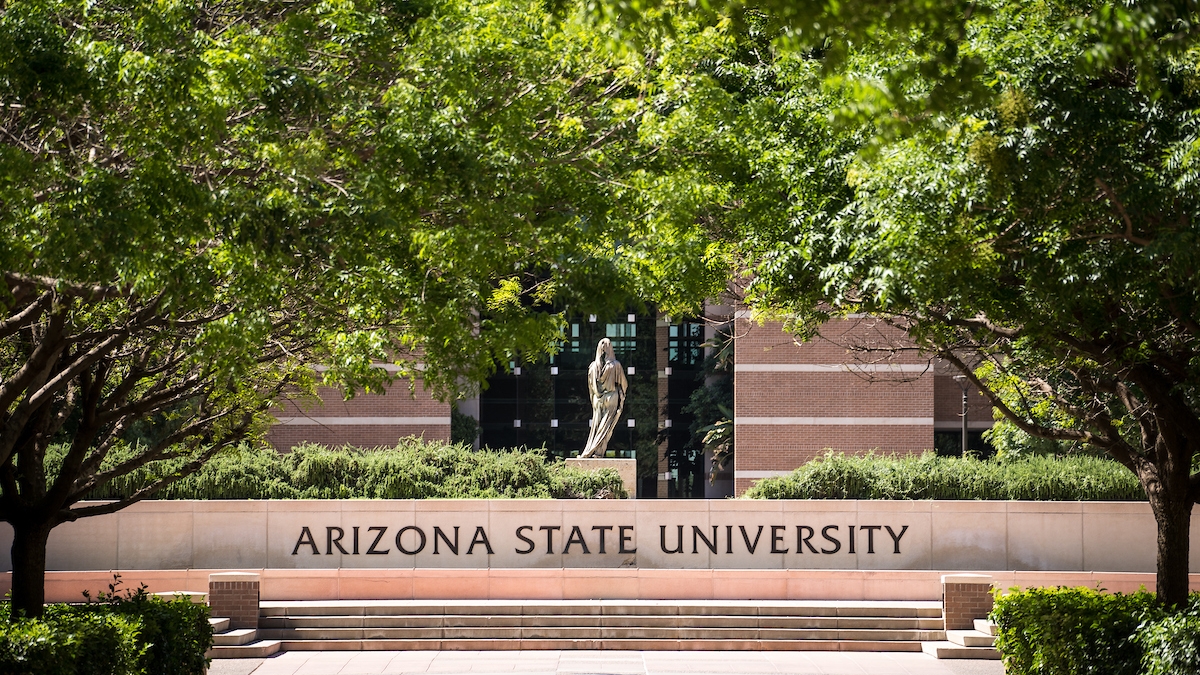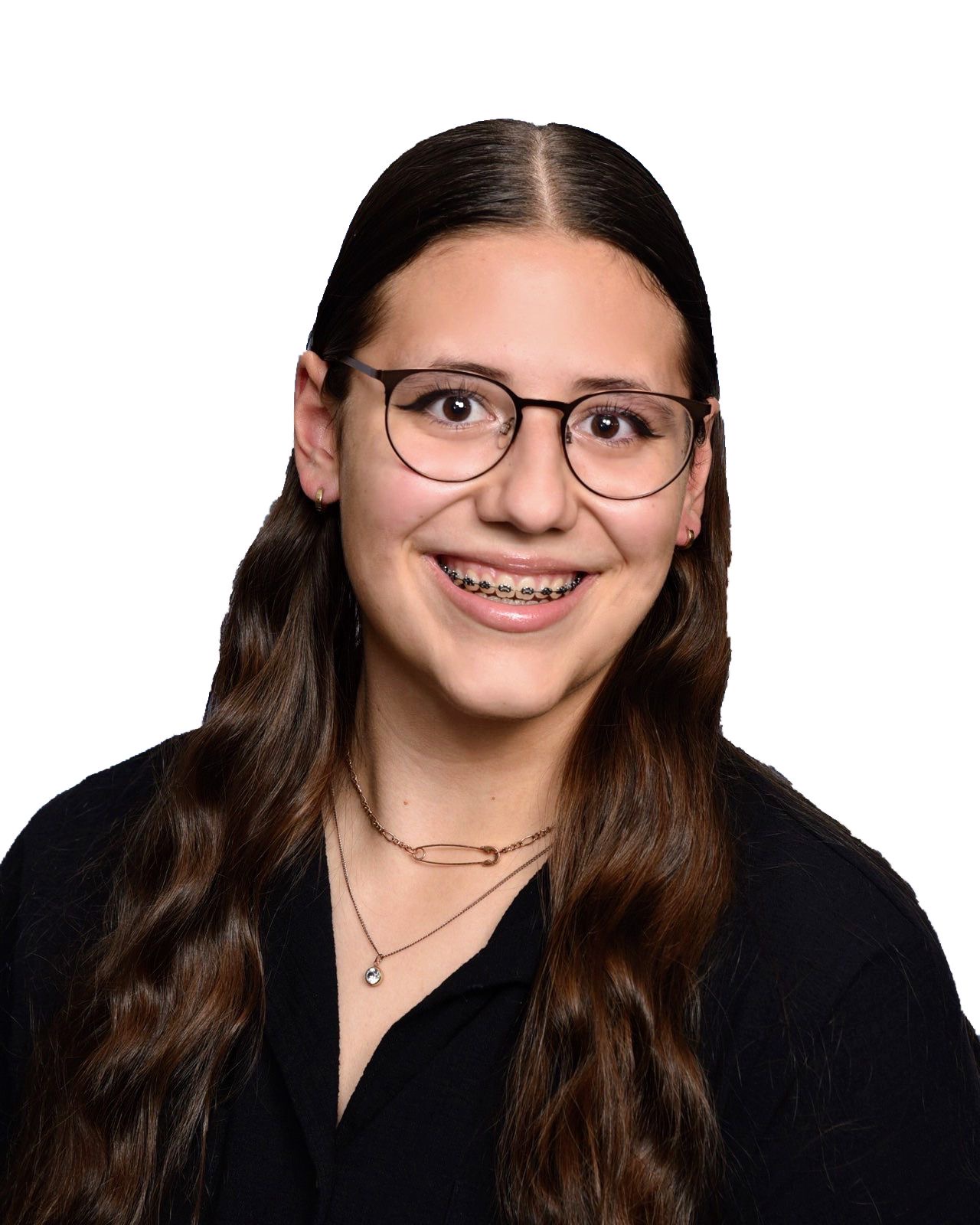Editor's note: ASU News is highlighting some of its notable incoming students for fall 2022.
Although incoming Arizona State University student Abigail Campbell grew up in Phoenix, one of the top five U.S. cities in population size, she says she prefers the more intimate space that ASU's West campus offers, where she will major in medical studies within the College of Health Solutions.
Campbell graduated from Sandra Day O’Connor High School at the top of her class and is a first-generation U.S. college student, whose parents immigrated from Romania. Campbell said that while medical studies will be new to her, caregiving runs in the family.
Her mom ran a care facility for seniors where Campbell would often play Yahtzee and other games with residents. Then, later in her mom’s career, she became a hospice nurse. Campbell credits her mom as her own inspiration to serve others.
“It was maybe what sparked my interest in the medical field,” she said. “Sometimes I think about it and I'm like, ‘How do you do it?’ Like visiting all these people and just seeing them at the end of life.”
Here she answer some questions about her journey to ASU.
Abigail Campbell
Question: Why did you choose ASU?
Answer: It was in state, so I could be close to my family, and I thought ASU was a great choice for a school and community for my major. I'm kinda interested to see what other opportunities I can explore at ASU and see the whole environment.
Q. What are you most excited to experience during your first semester?
A. I'm pretty excited to just meet new friends and see the (West) campus. I really like it, it's a really beautiful campus.
Q. What do you think you might want to do with your medical studies degree?
A. Right now, I'm kind of looking to explore the medical field. I know I'm interested in all the different things. Maybe neurology, because the brain really fascinates me. Maybe a neurosurgeon? Maybe that's kind of a big dream, but who knows? Maybe I'll find something super interesting and I can always explore that further.
Q. What do you like to brag about to friends about ASU?
A. There's lots of opportunities and diversity as well. Obviously I'll get more of an experience with that when I start school. I mean, also that (ASU) is No. 1 in innovation.
Q. What talents and skills are you bringing to the ASU community?
A. I graduated in the top 1% of my class, so I'd say I'm pretty excited, academically. But I also like doing art and I love learning languages as well.
Q. Do you speak any other languages right now?
A. So my first language was Romanian, because my parents came from Romania. They all went to college there, so I'll be the first to go to college here in the United States. I used to speak it a lot when I was younger too, but now I haven't spoken it as much.
Q. What do you hope to accomplish during your college years?
A. I hope to stay on top of my schoolwork, obviously. Definitely reach out, make new friends, make more connections with different people. Sometimes I tend to like to keep to myself, so I want to be able to branch out a bit more.
Q. If someone gave you $40 million to solve one problem in our world, what would you choose?
A. To solve one problem? Oh, there's so many different things. In the United States, I'd maybe say solving homelessness, because there's a lot of unhoused people. Definitely helping people who are struggling to have their basic needs met.
Top image: Looking through the main entrance toward Fletcher Library on ASU's West campus. Photo by Charlie Leight/ASU News
More Health and medicine

Reducing waste in medical settings
Health care saves lives, but at what cost? Current health care practices might be creating a large carbon footprint, according to ASU Online student Dr. Michele Domico, who says a healthier…

ASU offers bilingual counseling to Spanish speakers
Arizona is one of the five states in the nation with the highest percentage of Hispanic residents, according to the U.S. Department of Health and Human Services Office of Minority Health, and …

College of Health Solutions launches first-of-its-kind diagnostics industry partnership to train the workforce of tomorrow
From 2007 to 2022, cytotechnology certification examinees diminished from 246 to 109 per year. With only 19 programs in the United States, the cytology workforce that stands at the front line of…



